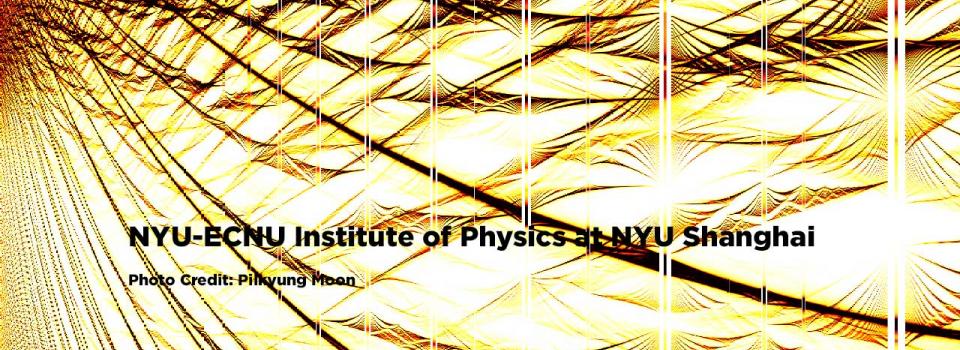
The seminar is sponsored by NYU-ECNU Institute of Physics at NYU Shanghai.
Abstract:
The study of cold quantum gases in the lab has made spectacular progress in the last decade. Ultracold atoms and molecules are becoming an invaluable tool in the study of quantum many-body phenomena such as macroscopic coherence, superfluidity, and correlated systems. The physical interpretation of observed results in such systems, however, always depends on our knowledge of the physics of atomic and molecular collisions, and a thorough theoretical understanding is required here.
In this talk, we discuss two topics regarding cold atomic collisions. First, we consider cold polar molecules in a layered geometry. The molecules interact via the dipole-dipole force. We show that a specific type of exchange process can take place here due to the anisotropic nature of dipole forces. Its signatures can be observed with a relatively simple set-up.
Second, we study reactive or elastic collisions of ultra-cold fermions with an arbitrary energy-dependent cross-section. One question is what one can infer (at temperatures close to Fermi degeneracy) from an observed averaged rate, the microscopic cross-section being unknown. It is shown that in the case of a strongly imbalanced system the low-temperature and high-temperature rates are strikingly different, while this is not the case for a balanced system.
Biography:
Alexander Pikovski is currently a visiting scholar at NYU Shanghai. Previously, he worked at University of Colorado Boulder and at Hamburg University as well as in Hannover. His research topics include many-body dynamics, ultracold gases, polar molecules, collision theory, bound states.


